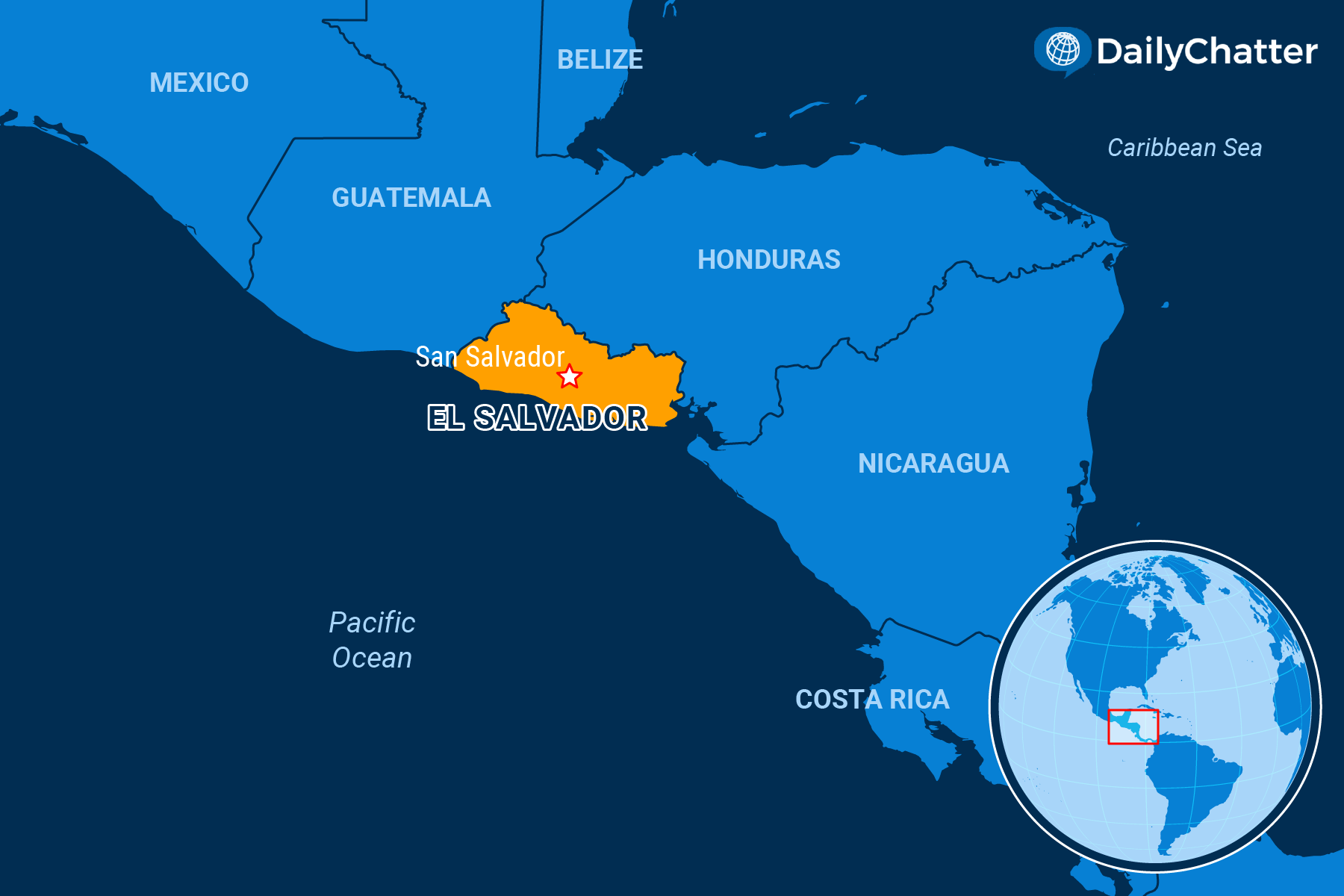NEED TO KNOW
Guns and Crypto
EL SALVADOR

Crime and Bitcoin are the two most powerful forces in El Salvador. The question is whether those forces will be centripetal and bring people together or whether they will be centrifugal and pull the country apart.
In March, a record number of gang killings occurred in the Central American country. In response to the bloodshed and breakdown in public safety, President Nayib Bukele declared a state of emergency and suspended citizens’ constitutional rights and civil liberties. Police proceeded to arrest more than 30,000 people as of this week, according to Agence France-Presse.
Organized crime syndicates like MS-13 and Barrio 18 have grown extremely powerful in El Salvador ever since the US deported El Salvadoran gang members to the country in the 1990s, the Council on Foreign Relations noted.
As the New York Times explained, Bukele “has conceded that innocents are being swept up in the crackdown but insists they’re a small share of arrests.” Human Rights Watch and other activist groups, meanwhile, have been critical of the president’s plan, saying the state of emergency has led to serious abuses.
Lawmakers recently extended the initial 30-day period of the emergency for an additional 30 days. Other measures they’ve recently approved include longer prison sentences and trying children as young as 12 as adults.
As a result, thousands of family members and friends are now searching for loved ones who have become swept up in dragnets designed to curb rampant crime and violence, added the Washington Post. Crowds of mothers and wives now routinely congregate outside prisons in hopes of hearing information about their missing sons and husbands.
Critics call Bukele’s style of politics “punitive populism,” or making a show of cracking down on crime in order to satisfy voters who feel that tough measures are necessary if officials are to exert control over crime, the Associated Press wrote.
As he jails thousands, Bukele has also made a radical bet on his country’s future, adopting Bitcoin as legal tender inside the country alongside the US dollar. As CNBC recently reported, the country has more than $70 million in reserves in cryptocurrency.
Unfortunately, the bet has not been looking good. Bitcoin’s value has dropped 55 percent in value since its all-time high in November. El Salvador’s national reserves have declined by 28 percent as a result, according to Bloomberg. Meanwhile, the country is projected to default on its debt payments in January.
Bukele is pressing on, however. In fact, he envisages a gleaming city near a volcano on the Gulf of Fonseca in southeastern El Salvador, wrote El Pais. The new Bitcoin City, is to become a smart city, tax-free, and fully based on the use of…you guessed it…bitcoin.
He just needs to make sure the city is safe.
To read the full edition and support independent journalism, join our community of informed readers and subscribe today!
